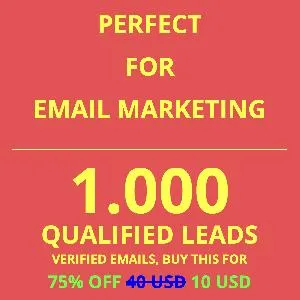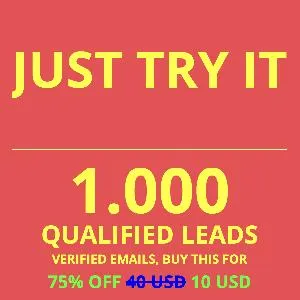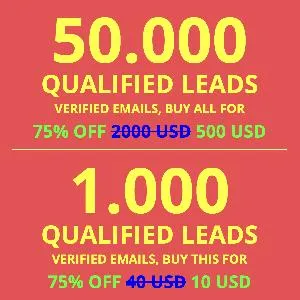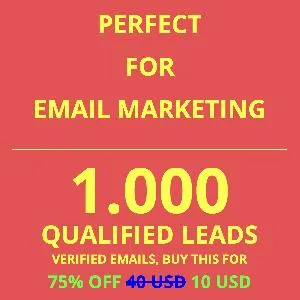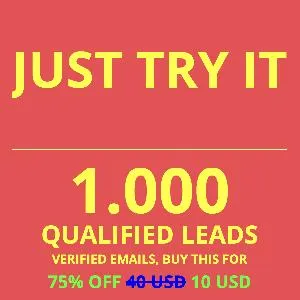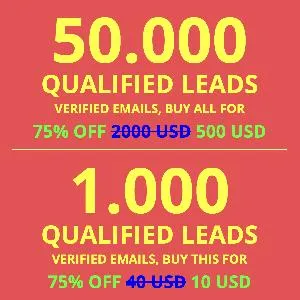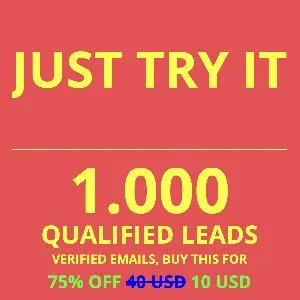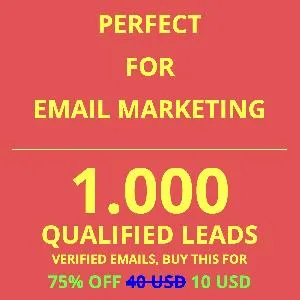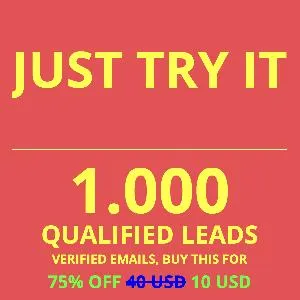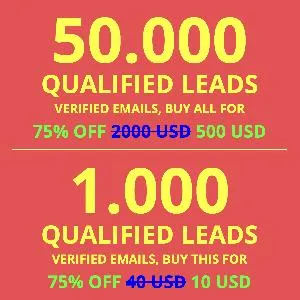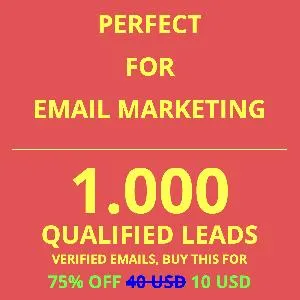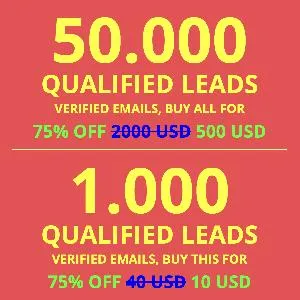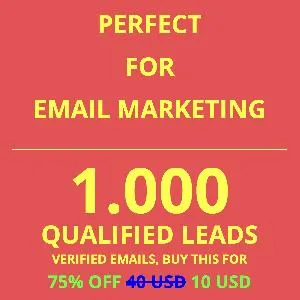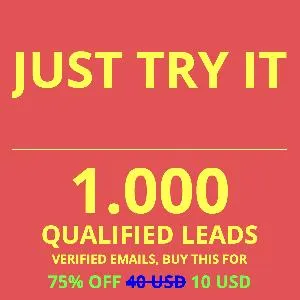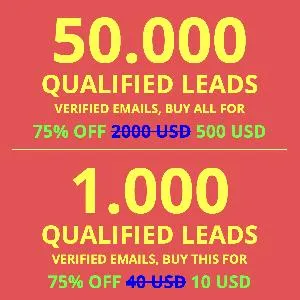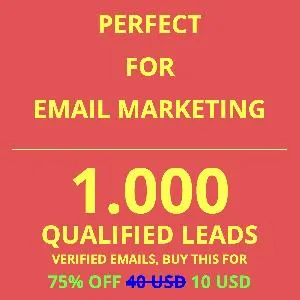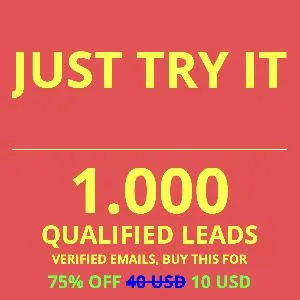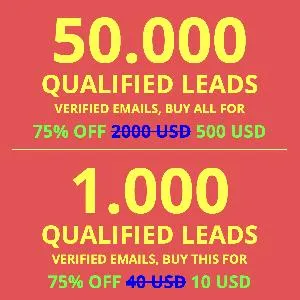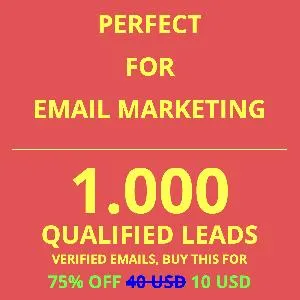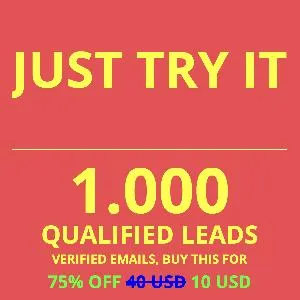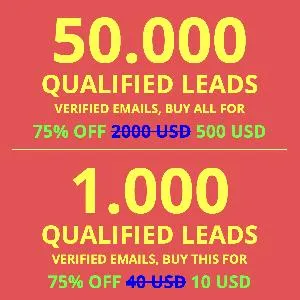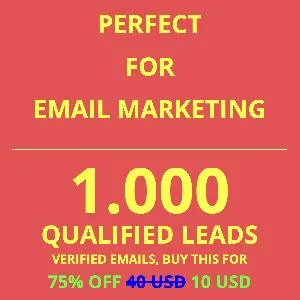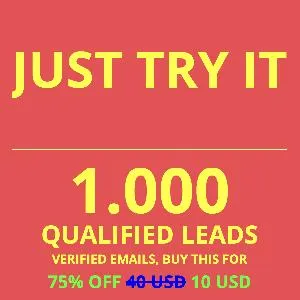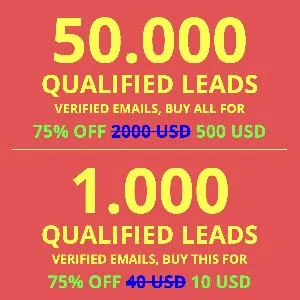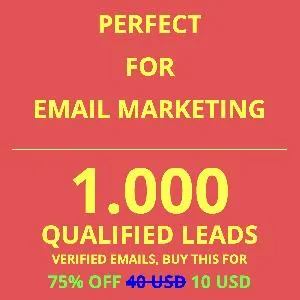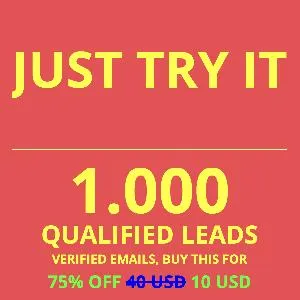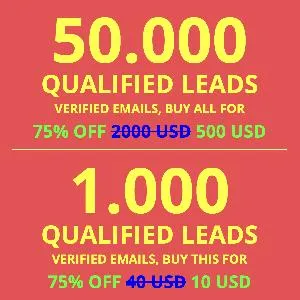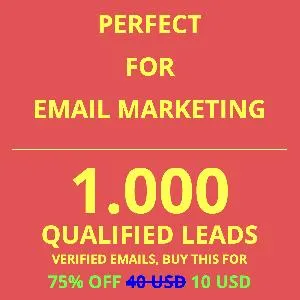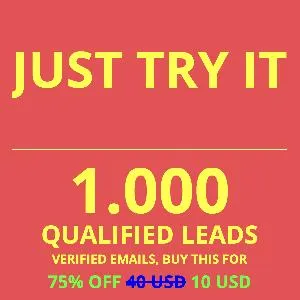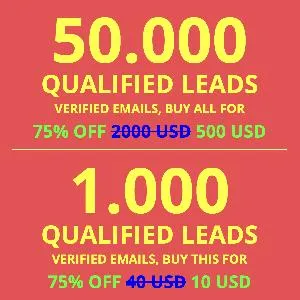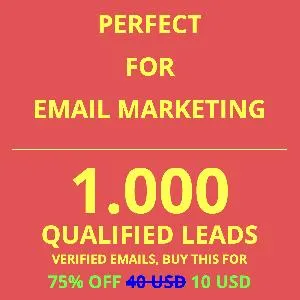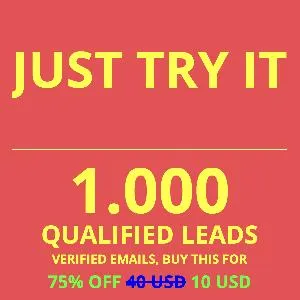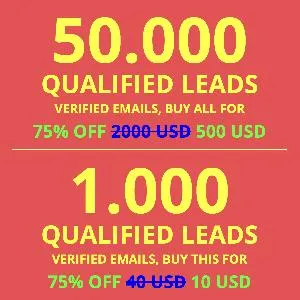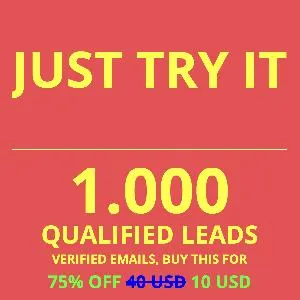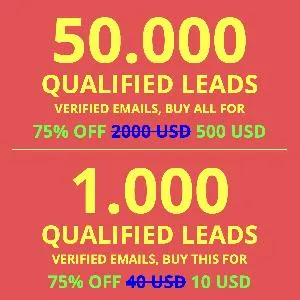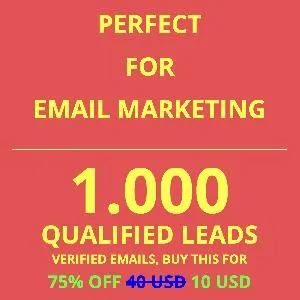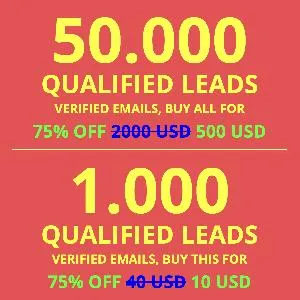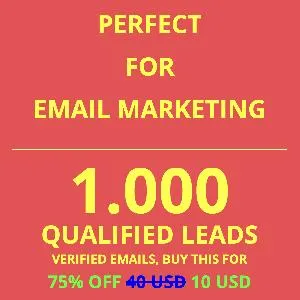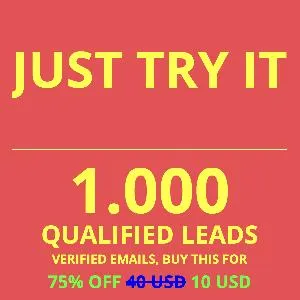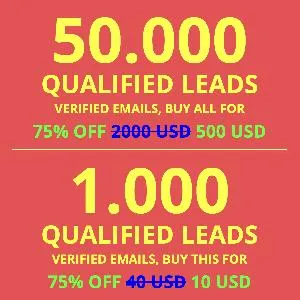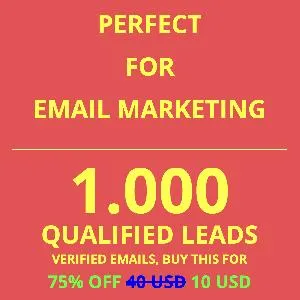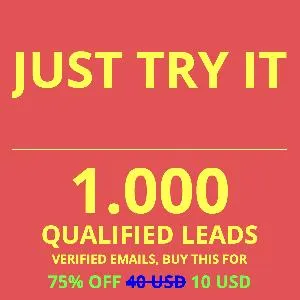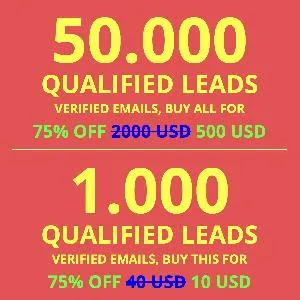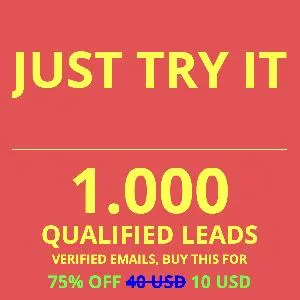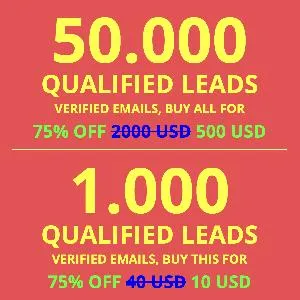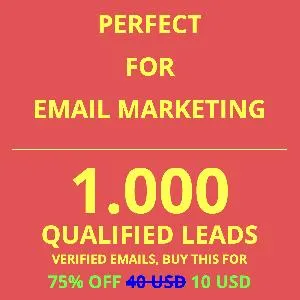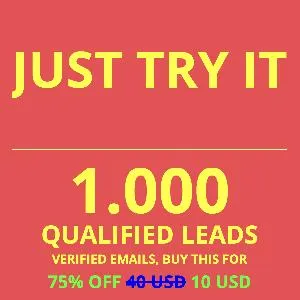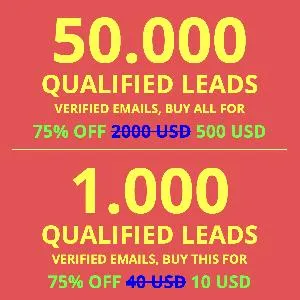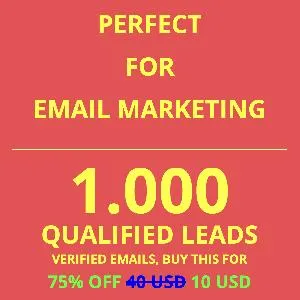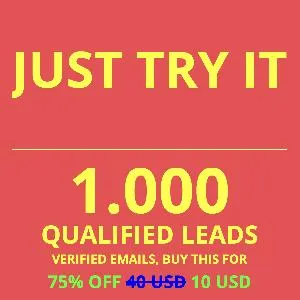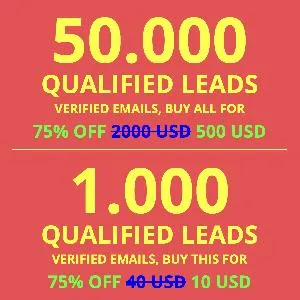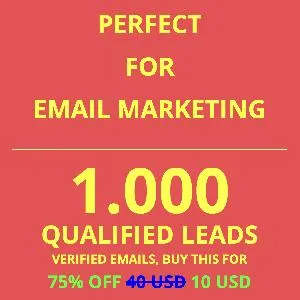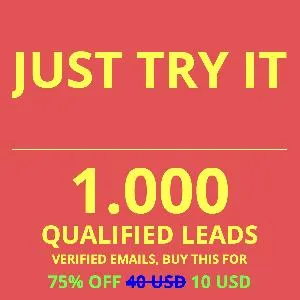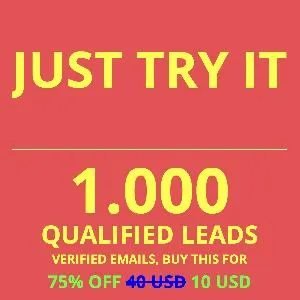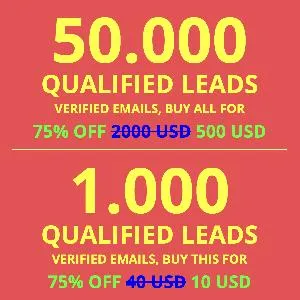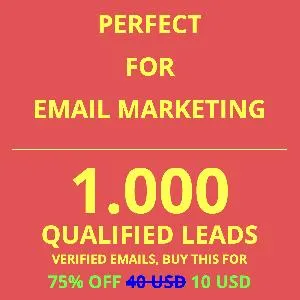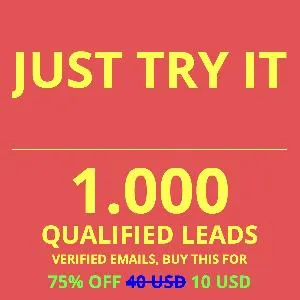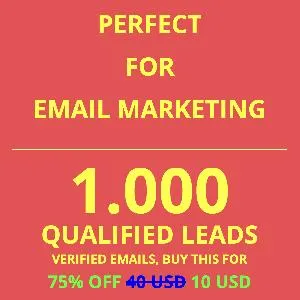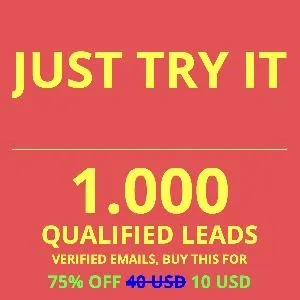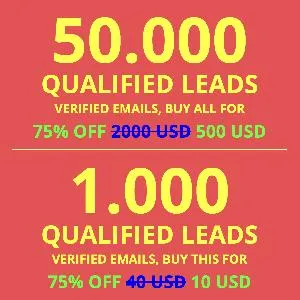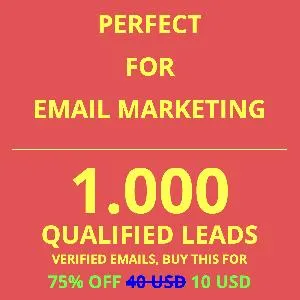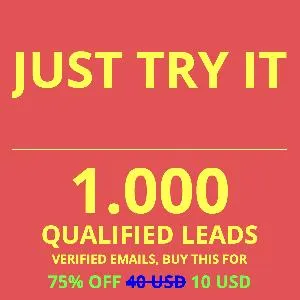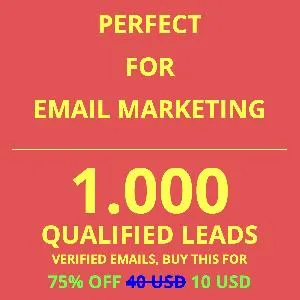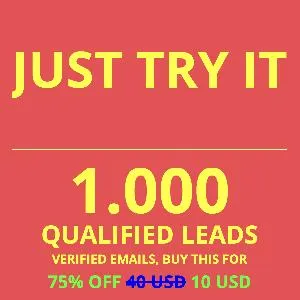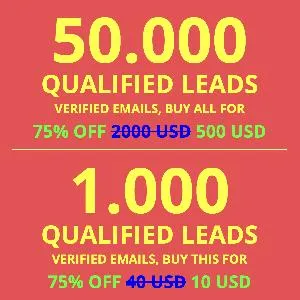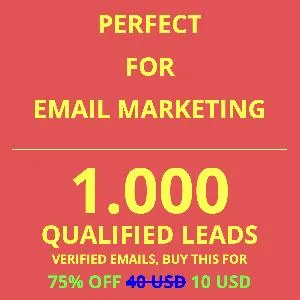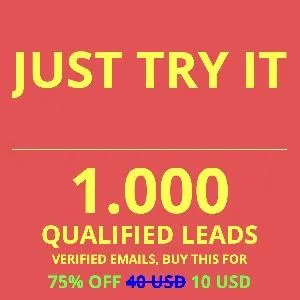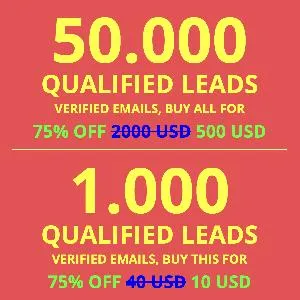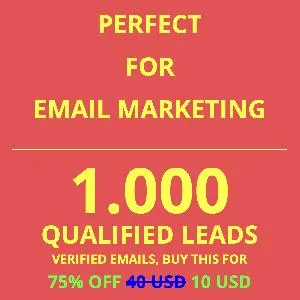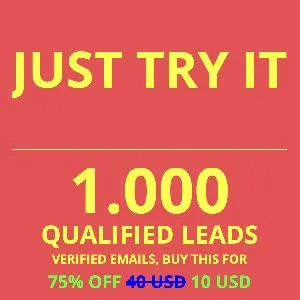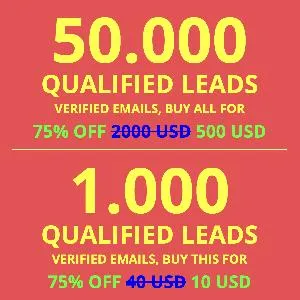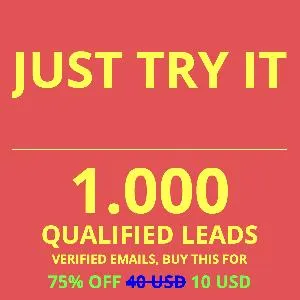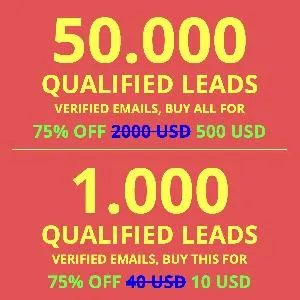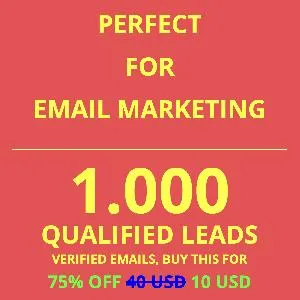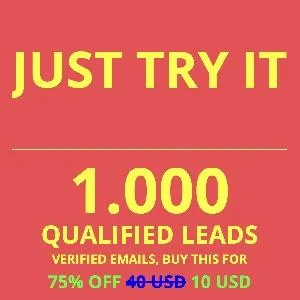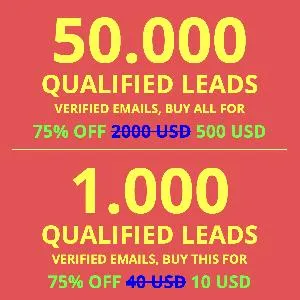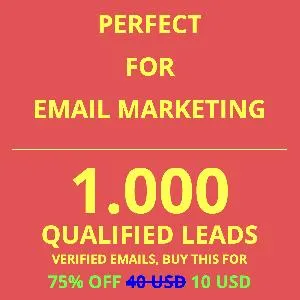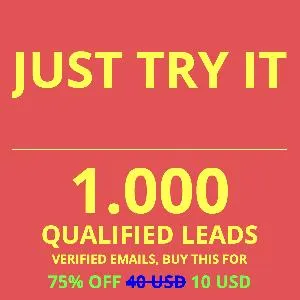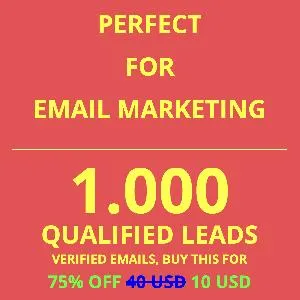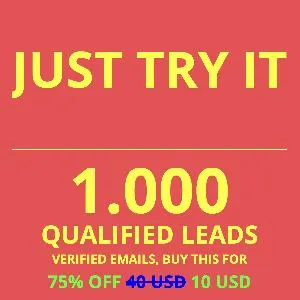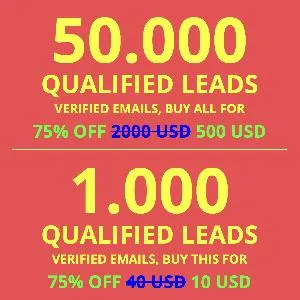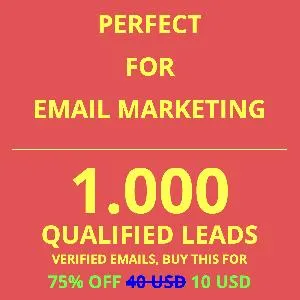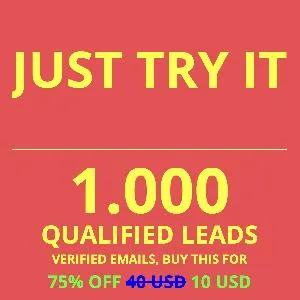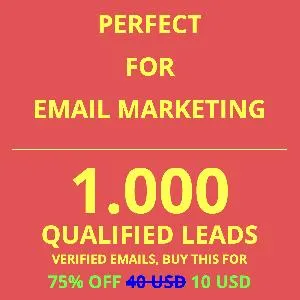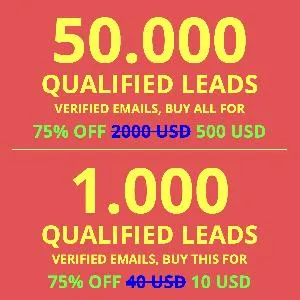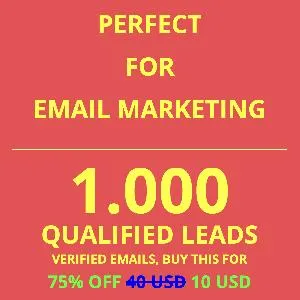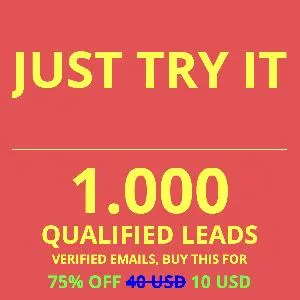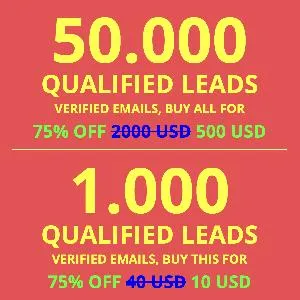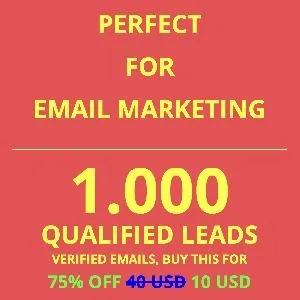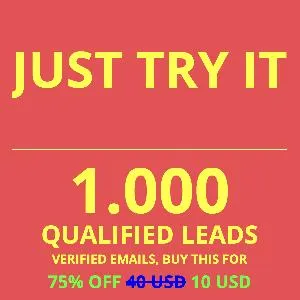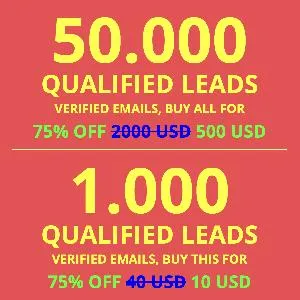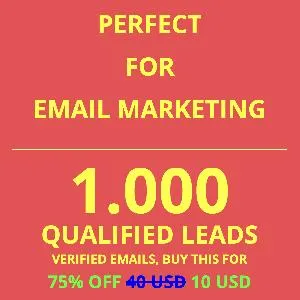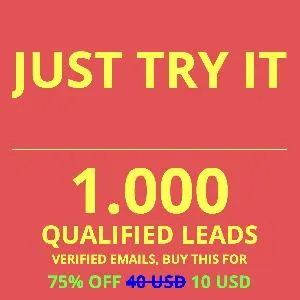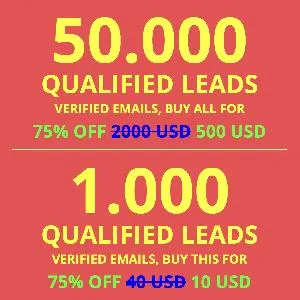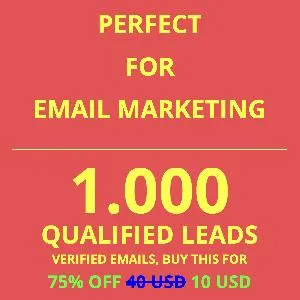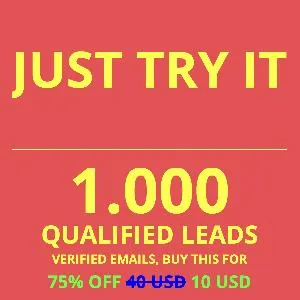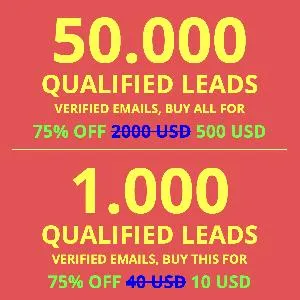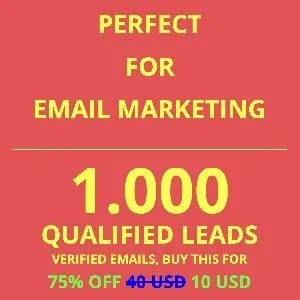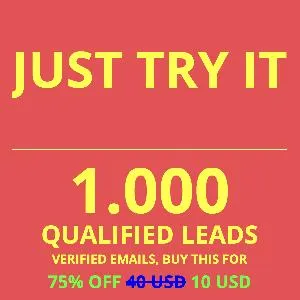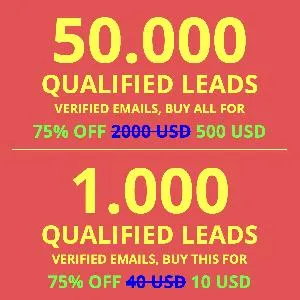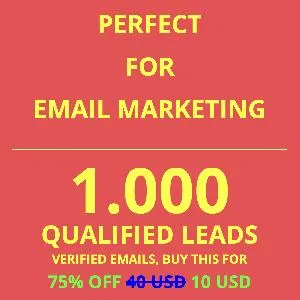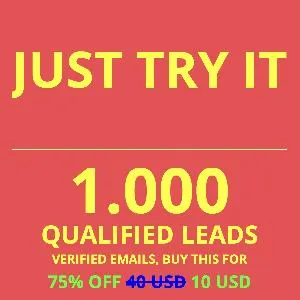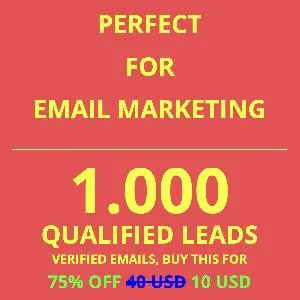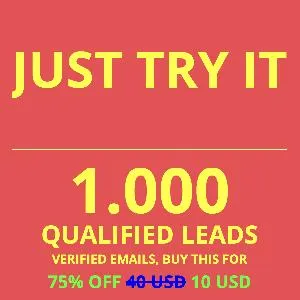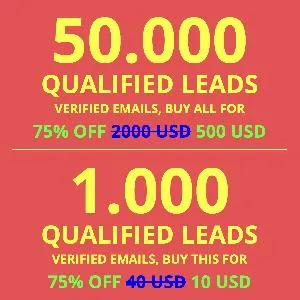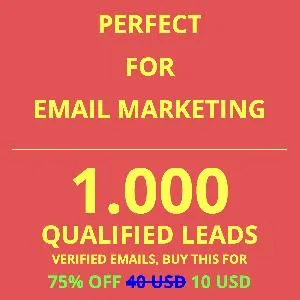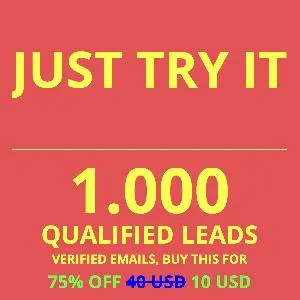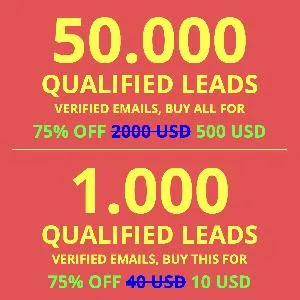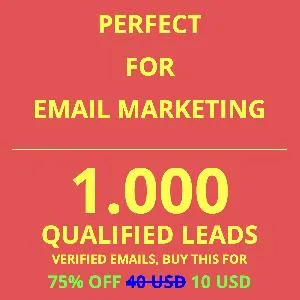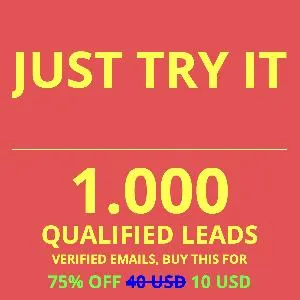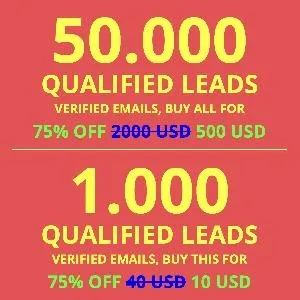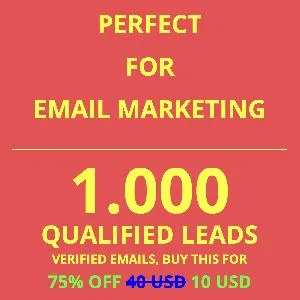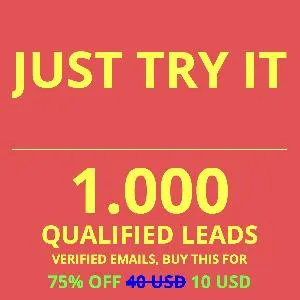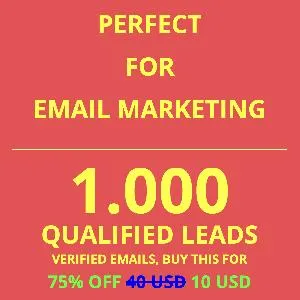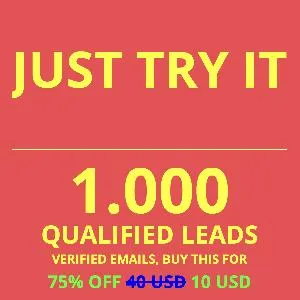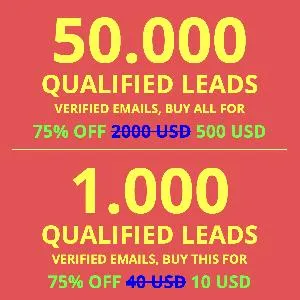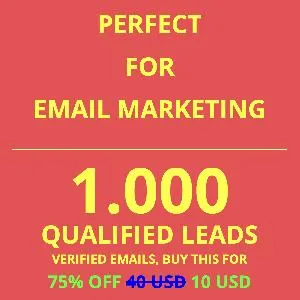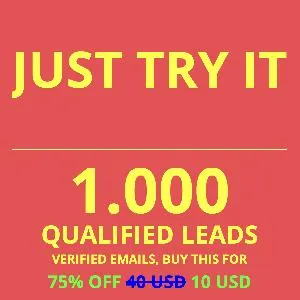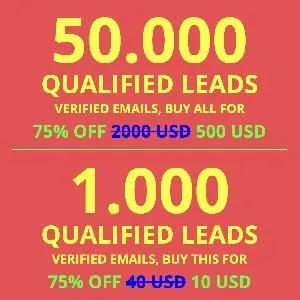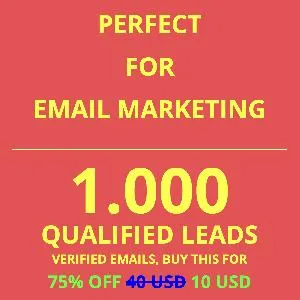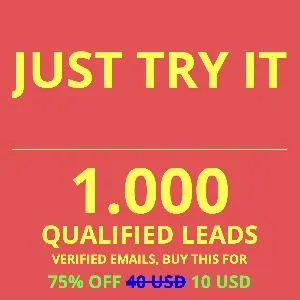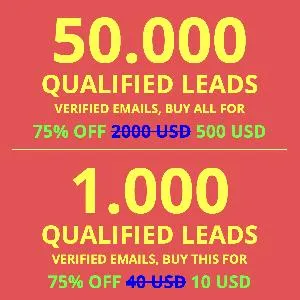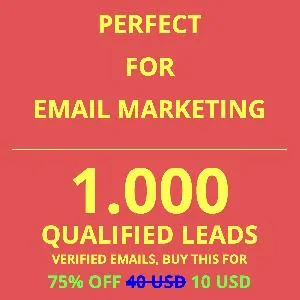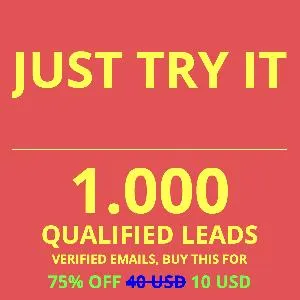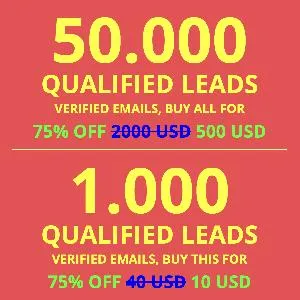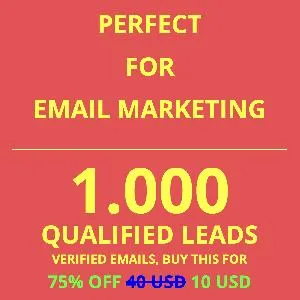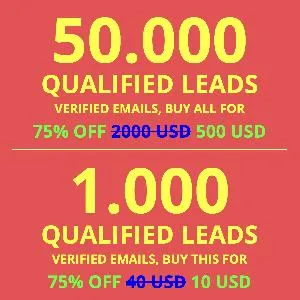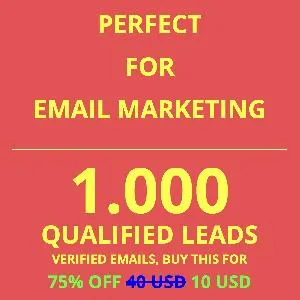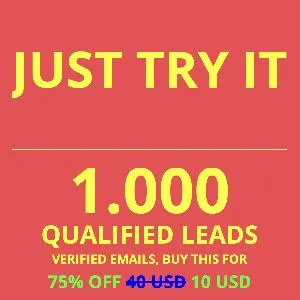How to Build a Successful Marketing Strategy for Qualified Leads
Published: 2025-02-08
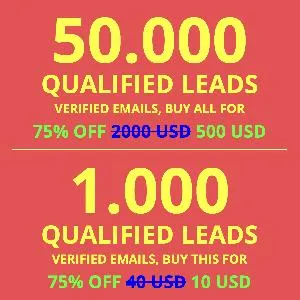
In today's competitive digital landscape, attracting the right customers to your business is more critical than ever. While generating leads is essential, converting those leads into paying customers is the true goal of any marketing strategy. That’s where qualified leads come in. A qualified lead is a potential customer who has shown interest in your product or service and fits your ideal customer profile.
Creating a successful marketing strategy to attract qualified leads requires a mix of well-thought-out tactics and continuous optimization. Here's how to build a marketing strategy that focuses on qualified leads:
1. Define Your Ideal Customer Profile (ICP)
Before you can attract qualified leads, you must first identify who they are. The ideal customer profile (ICP) represents the type of customer who will benefit most from your product or service and is most likely to convert into a paying client. To define your ICP, consider:
- Demographics: Age, location, job titles, industry, etc.
- Pain Points: What problems do they need solving?
- Behavior: How do they interact with products or services similar to yours?
By understanding these details, you can tailor your messaging to resonate with the audience who has the highest chance of becoming a qualified lead.
2. Create Buyer Personas
Once you’ve defined your ICP, develop buyer personas. These are semi-fictional representations of your ideal customers, created using real data and insights from past customers. Buyer personas should include:
- Goals: What are their personal or business objectives?
- Challenge: What obstacles do they face in achieving their goals?
- Buying Journey: What stage are they at in their decision-making process (awareness, consideration, decision)?
These personas will guide your content creation, helping you produce material that speaks directly to your leads’ interests and needs.
3. Content Marketing: Providing Value
Content is at the core of any successful marketing strategy. To attract qualified leads, you must offer high-value content that speaks to the challenges and interests of your target audience. Consider:
- Educational Blog Posts: Write articles that help your audience solve problems, answering common questions or providing insights into industry trends.
- Whitepapers & E-books: Offer in-depth resources that require users to provide contact information, which helps you gather qualified leads.
- Case Studies: Showcase success stories of how your product or service has solved problems for others.
- Webinars: Host informative sessions that allow you to engage directly with potential leads.
High-quality content will position your business as an authority in your field, attracting prospects who are already interested in solving the problems your product addresses.
4. Leverage Paid Advertising
Paid advertising is an effective way to target and attract qualified leads, especially when using highly targeted campaigns. Platforms like Google Ads, LinkedIn, and Facebook offer advanced targeting options to help you reach the exact audience you're looking for. Here’s how to use paid ads effectively:
- Segment Your Audience: Use the data from your ICP and buyer personas to create highly segmented ad campaigns that address specific pain points and solutions.
- Create Compelling Offers: Offer lead magnets such as free trials, consultations, or discounts to capture interest.
- Optimize for Conversions: Make sure your landing pages are optimized for conversion. Include clear calls-to-action and ensure the content is relevant to the ad that brought them there.
Paid ads help you amplify your content marketing efforts and bring qualified leads directly into your funnel.
5. Use Lead Magnets and Lead Nurturing
Lead magnets are tools designed to capture contact information from potential leads. Examples include free tools, downloads, consultations, or exclusive offers. Lead magnets are an effective way to generate qualified leads because they attract individuals who are already interested in the value you provide.
Once leads are captured, it’s crucial to nurture them through the buying journey. This involves creating email drip campaigns or retargeting ads that provide further value, insights, or personalized content based on where the lead is in their decision-making process.
6. Implement Marketing Automation Tools
Marketing automation tools allow you to streamline processes, ensuring that no lead falls through the cracks. These tools help:
- Segment Leads: Automatically segment your leads based on criteria like behavior, demographics, or engagement level.
- Nurture Leads: Create automated email workflows to nurture leads over time and provide them with relevant content and offers.
- Track Lead Activity: Monitor how leads engage with your website, emails, and content to identify when they are ready to convert.
By automating these tasks, you can focus your efforts on high-level strategy and personalized communication, making the entire lead generation process more efficient.
7. Measure, Analyze, and Optimize
A successful marketing strategy for qualified leads requires constant monitoring and optimization. Use tools like Google Analytics, HubSpot, or your CRM to track key performance metrics, such as:
- Lead Conversion Rate: How many leads are actually converting into customers?
- Lead Source: Which marketing channels are bringing in the most qualified leads?
- Engagement Rate: How engaged are your leads with your content and communication?
Regularly assess these metrics and adjust your strategy accordingly. Test different approaches to see what resonates most with your audience, and continuously refine your tactics to improve your conversion rates.
Conclusion
Building a marketing strategy that attracts qualified leads isn’t a one-time effort—it’s an ongoing process of learning, testing, and optimizing. By defining your ideal customers, creating valuable content, leveraging paid ads, and using automation tools, you can build a solid marketing foundation that attracts the right leads. The ultimate goal is to create a personalized, targeted approach that nurtures leads throughout their journey and drives conversions.
By consistently delivering value and building relationships with your leads, your marketing strategy will not only drive qualified prospects but also foster long-term customer loyalty and success
.